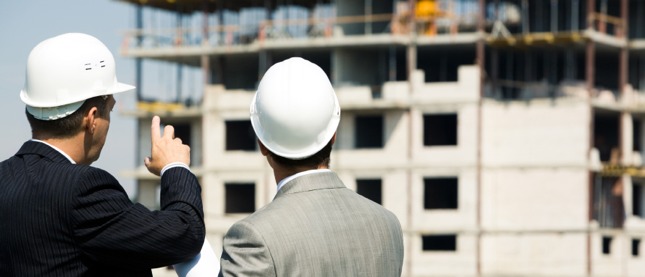
At the heart of the property industry is a idea of conceptualizing and bringing space that is adapted to the evolving needs of society. Developers begin projects on the basis of the analysis of market trends, demographics and plans for urban development. Their insights determine the viability and sustainability of ventures, informing decisions regarding the location, style, and facilities. If it's commercial, residential or mixed-use projects, their ability to anticipate future demands shapes the character of neighborhoods and drives economic growth.
Beyond their vision, property owners have the ability to navigate through the complicated web of regulations, permits, and policies on zoning that regulate building projects. Navigating this bureaucratic labyrinth demands the most sophisticated legal and logistical skills. Developers must negotiate with local authorities, take part in public consultations and adhere to the environmental regulations. Their ability to maneuver through these challenges will determine the fate of a project's timetable, greatly affecting timelines and profits.
In addition to residential projects and property development, property developers play an important role in shaping the commercial areas, driving the economy, as well as promoting creativity. They help create vibrant business areas as well as retail centres and mixed-use projects, drawing in investments as well as creating jobs in turn, promoting entrepreneurship. These vibrant spaces act as catalysts for urban regeneration, breathing new life into areas that are neglected and revitalising urban areas. To receive added information please head to akisama.com.my/

However, the pursuit of development also brings forth difficulties and debates, typically demanding complex talks with local authorities, environmental concerns, and community resistance. Some critics argue that the rapid growth of cities caused by developers can cause problems like gentrification, the displacement of communities that are indigenous as well as environmental degradation. The balance between economic needs as well as environmental sustainability is an ever-present challenge for this industry.
As we look to the future, the role of property developers will continue to adapt to changes in the demographics of people, urbanization trends as well as global issues. A growing demand for mixed-use projects, transit-oriented communities, and health-focused spaces will influence the future generation of development projects. Additionally, the need to address climate change and encourage social justice will force developers to seek out innovative strategies and collaborative partnerships. In this dynamic landscape, the ability to adapt, flexibility and a proactive mindset will distinguish the trailblazers who redefine the boundaries of possibility in real development.